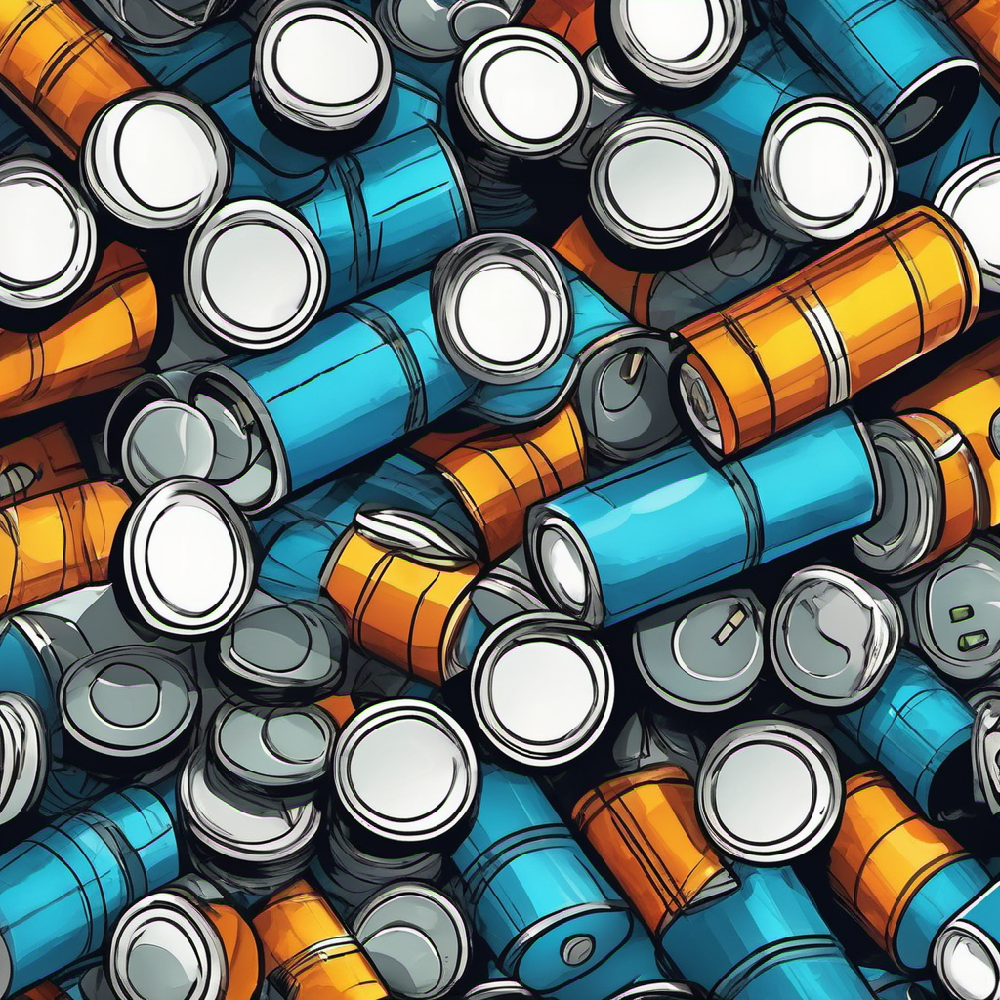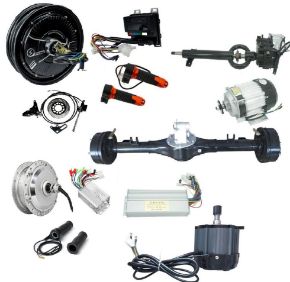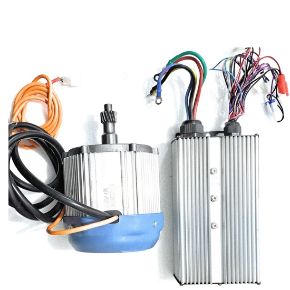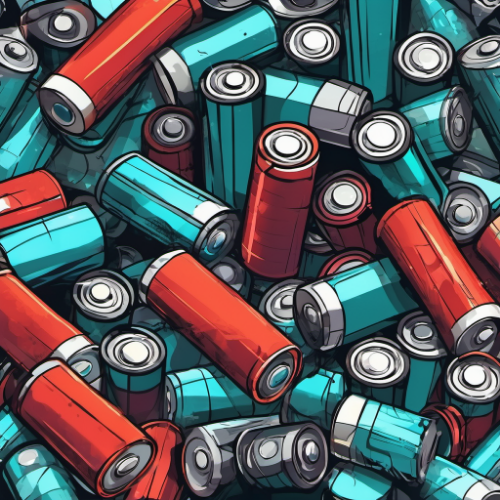Will lithium-ion remain the dominant battery technology in the automotive sector and other industries, or will other chemistries take over?

In the first part of the Big Battery Challenge, three experts gave their predictions.
While it is likely that lithium-ion will remain the dominant technology in the near future, there are plenty of potential long-term challengers. Here are three options.
Sodium-ion
Sodium-ion batteries are an emerging technology with promising cost, safety, sustainability and performance advantages over commercialised lithium-ion batteries. Key advantages include the use of widely available and inexpensive raw materials and a rapidly scaleable technology based around existing lithium-ion production methods. These properties make sodium-ion batteries especially important in meeting global demand for carbon-neutral energy-storage solutions.
Solid-state batteries
The development of solid-state batteries that can be manufactured at a large scale is one of the most important challenges in the industry today. The ambition is to develop solid-state batteries, suitable for use in electric vehicles, which substantially surpass the performance, safety and processing limitations of lithium-ion batteries. In contrast to research into lithium-ion batteries, which will provide incremental gains in performance towards theoretical limits, research into solid-state batteries is long term and high risk but also has the potential to bring high rewards.
Lithium-sulphur
Lithium-sulphur technology has the potential to offer cheaper, lighter batteries that also offer safety advantages. After initially finding use in niche markets such as satellites, drones and military vehicles, the technology has the potential to transform aviation in the long term. Electric aircraft offering short-range flights or vertical take-off and landing (including personalised aviation and flying taxis in cities) are distinct possibilities by 2050.




















Raman Singh Kohli